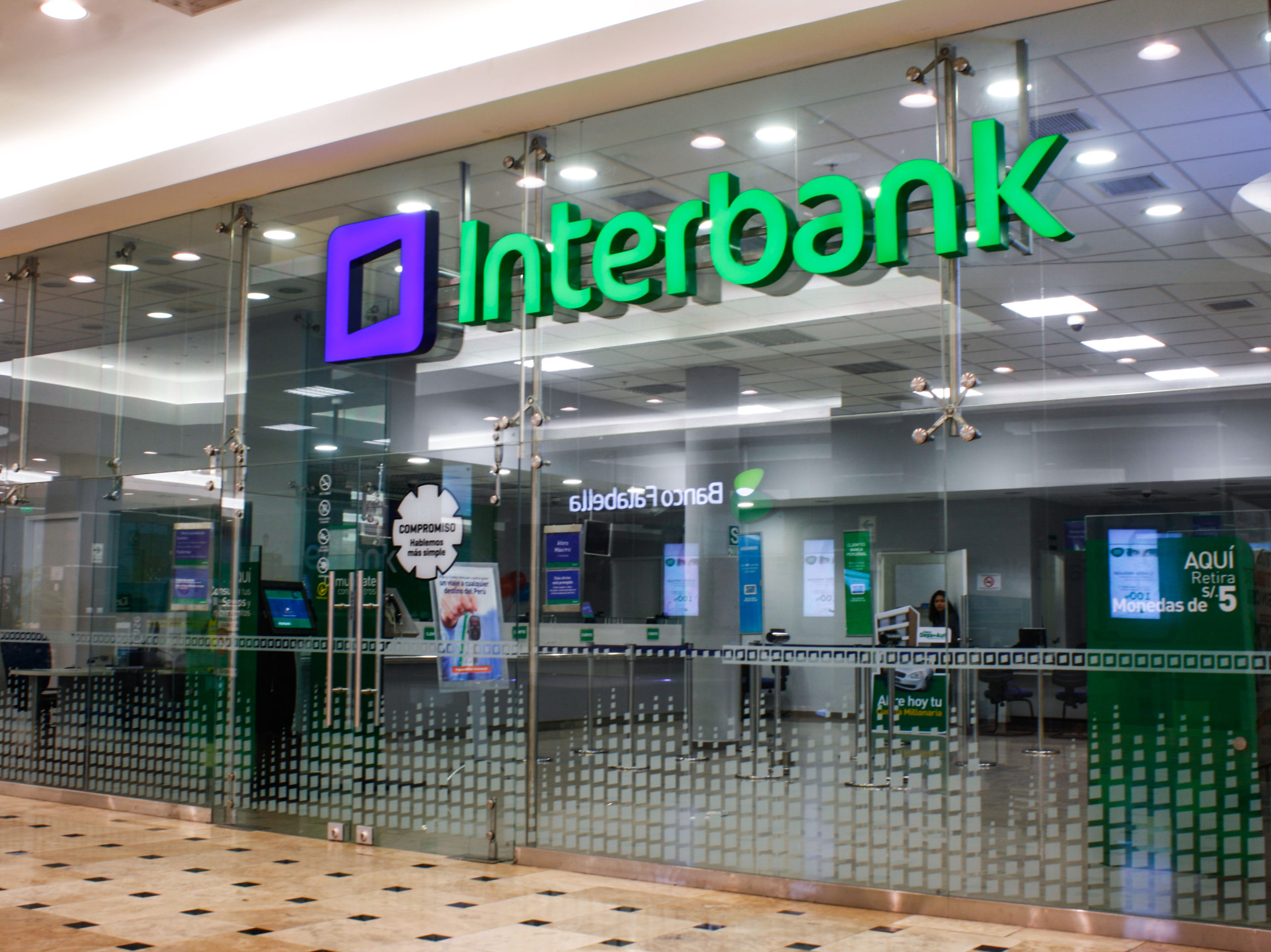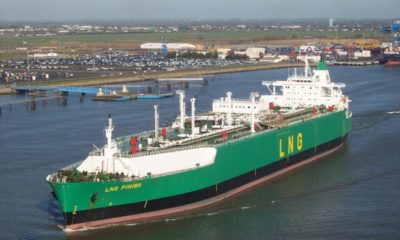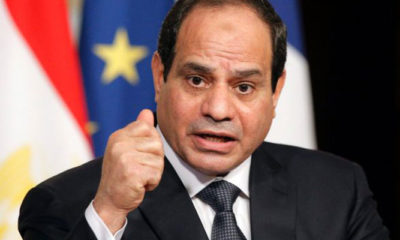- IMF Seen Signaling Preference for Higher Egypt Borrowing Costs
Interest rates and fiscal measures are among the tools Egypt could use to control one of the highest inflation rates among emerging markets, a senior International Monetary Fund official said, creating speculation the Washington-based lender is recommending higher borrowing costs.
“Available monetary and fiscal policy instruments, including interest rates, can help to contain inflation,” Jihad Azour, director of the fund’s Middle East and Central Asia department, said in an emailed response to questions. At a press conference on Friday, Azour said interest rates are “the right instrument” to manage Egypt’s inflation. “This is something that we are discussing with the authorities,” he said.
The comments come at a time when some Egyptian officials as well as economists point to a slowing pace of price increases as a sign that inflation may be peaking. Capital Economics, a London-based consultancy, said April 10 that “the central bank is unlikely to tighten monetary policy further.”
Consumer price inflation surged to more than 30 percent after Egypt floated the pound and reduced fuel subsidies in November, steps that helped the country secure a $12 billion, three-year IMF loan program to ease a dollar shortage that had crippled business activity. On the same day it removed currency controls, the central bank raised interest rates by 300 basis points to 14.75 percent. The Monetary Policy Committee is scheduled to meet next on May 18.
Reading the Signs
“The messages coming out of the IMF allude to a recommendation of an interest rate hike to curb inflation,” said Reham El-Desoki, senior economist at Dubai-based investment bank Arqaam Capital. “We do not, however, believe that such a move would reduce inflation in Egypt” because the surge was caused by price shocks and “base effects” relating to the level of inflation a year ago, she said.
“The headline inflation rate will gradually decline as the effect of both tapers off,” she said.
While the pace of price gains moderated in March, IMF Managing Director Christine Lagarde said on Thursday that Egyptian policy makers need to put a “special focus on inflation.” The IMF plans to send a mission to Cairo on April 28 to review the loan accord’s implementation before releasing a second installment of the financing, Egyptian officials have said.
The program aims to restore investor confidence in an economy battered by turmoil since the 2011 Arab Spring uprisings. Authorities are attempting to bolster economic growth while reducing a budget deficit that’s above 10 percent of gross domestic product.
Recovery Time
“An interest rate hike would just increase the cost of funding for the government and private sector, and lengthen the recovery time of the Egyptian economy,” El-Desoki said. “It would make Egyptian fixed income more attractive but would be negative for the stock market and private corporate investment.”
Finance Minister Amr El-Garhy said on the sidelines of the IMF spring meetings in Washington on Thursday that “discussions are going on” between Egyptian authorities and the IMF.
“While headline inflation year-on-year is high, the pace of price increases month-on-month is moderating,” he said in an interview. In March, consumer prices rose 2 percent on a monthly basis, down from 2.6 percent in February and 4.1 percent in January.
Separately, the IMF said it will also hold talks with authorities over fuel-subsidy cuts.
“We will need to discuss with the government the sequencing of measures to achieve their goal of eliminating subsidies on most fuel products during the program period,” Azour said.

 Forex3 weeks ago
Forex3 weeks ago



 Naira2 weeks ago
Naira2 weeks ago
 Billionaire Watch2 weeks ago
Billionaire Watch2 weeks ago




 Naira2 weeks ago
Naira2 weeks ago




 Naira2 weeks ago
Naira2 weeks ago






 Naira4 weeks ago
Naira4 weeks ago


 Naira1 week ago
Naira1 week ago






 Naira4 weeks ago
Naira4 weeks ago




















